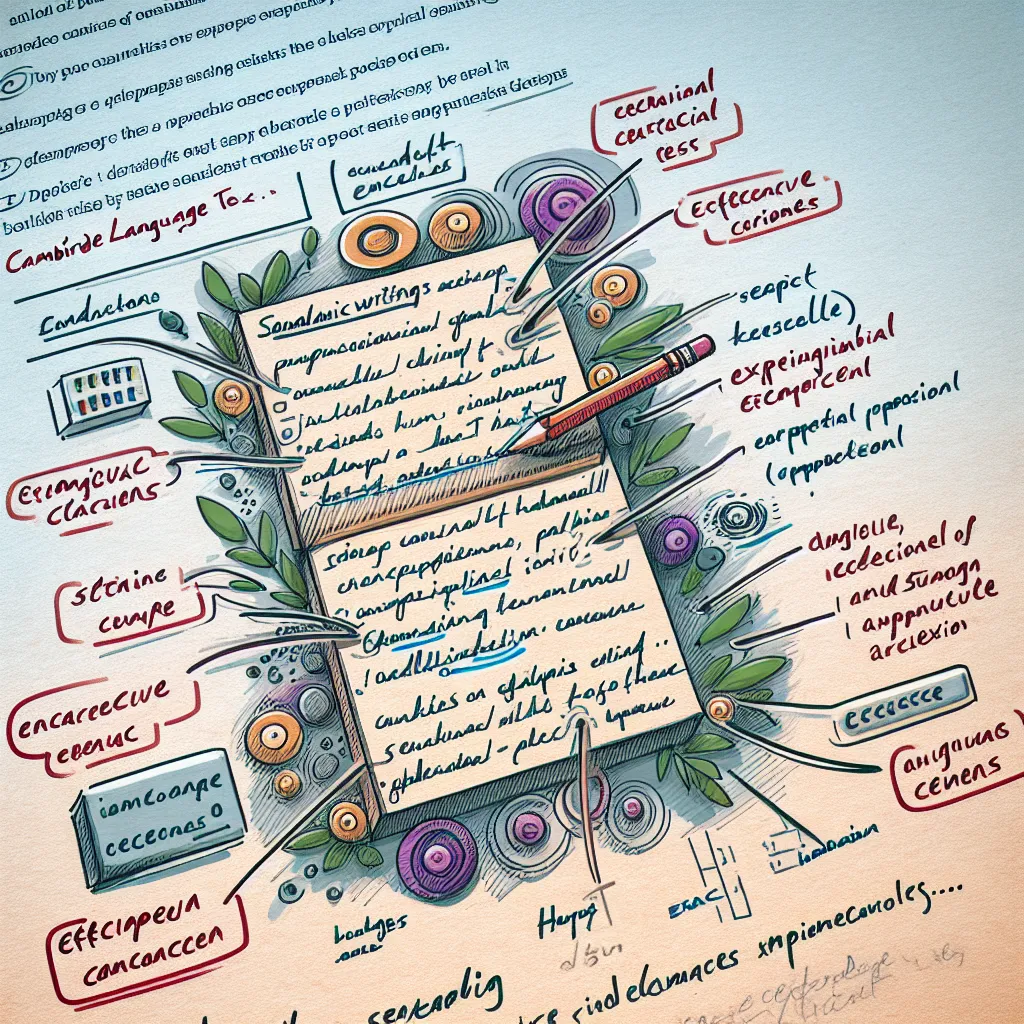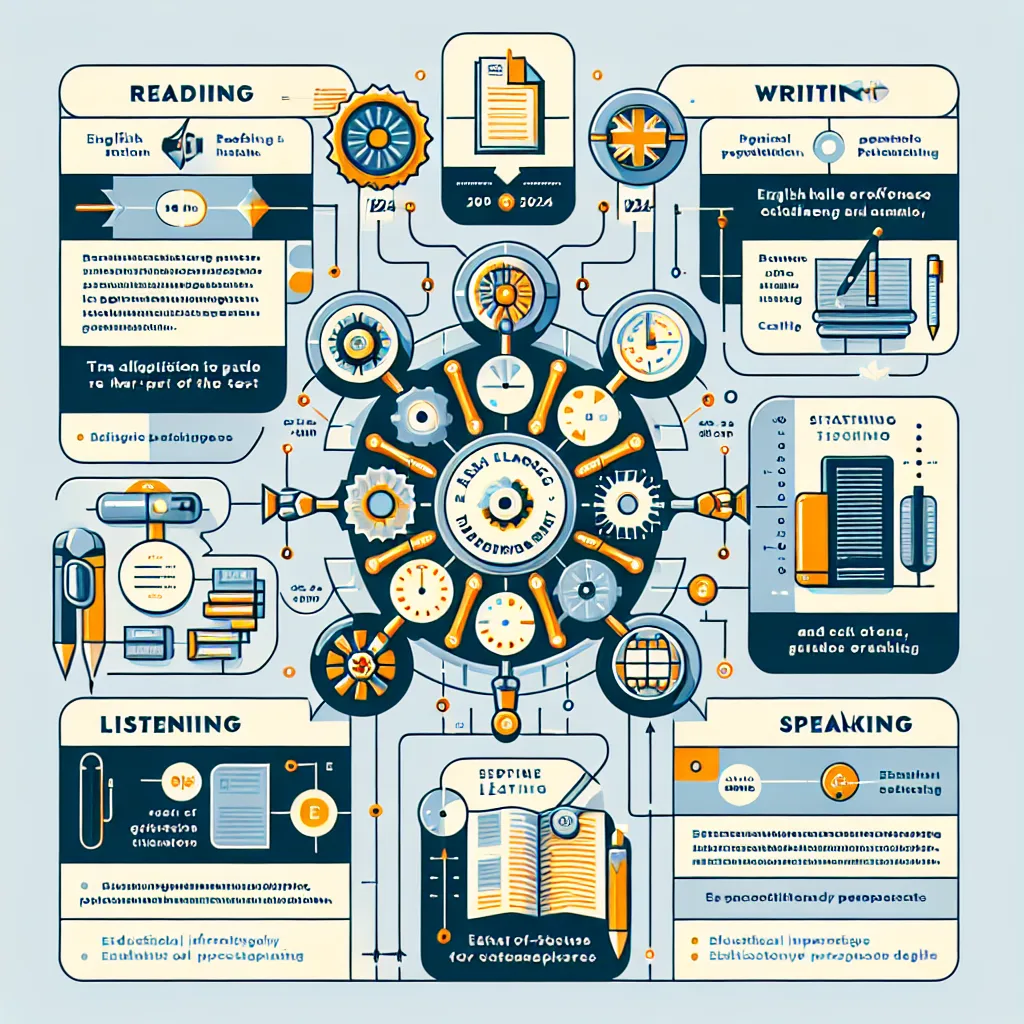Are you preparing for the Cambridge English exams and feeling anxious about the writing section? Don’t worry! In this comprehensive guide, we’ll explore the best tips for Cambridge Writing Task 1 to help you excel in your exam. Whether you’re taking the B2 First (FCE), C1 Advanced (CAE), or C2 Proficiency (CPE), these strategies will boost your confidence and improve your performance.
Understanding Cambridge Writing Task 1
Before we dive into the tips, let’s briefly review what Cambridge Writing Task 1 entails. This task typically requires you to write an essay, report, letter, or other form of extended writing based on a given prompt. The specific requirements may vary depending on the exam level, but the general principles remain the same.
 Cambridge Writing Task 1 Example
Cambridge Writing Task 1 Example
Essential Tips for Cambridge Writing Task 1
1. Read the Instructions Carefully
One of the most crucial tips for Cambridge Writing Task 1 is to read the instructions thoroughly. Pay close attention to:
- The type of text you need to write (e.g., essay, letter, report)
- The target reader
- The purpose of your writing
- Any specific points you need to address
Misunderstanding the task can lead to a significant loss of marks, so take your time to ensure you fully grasp what’s expected.
2. Plan Your Response
Don’t start writing immediately! Spend a few minutes planning your response. This will help you organize your thoughts and ensure you cover all the required points. Consider:
- Brainstorming ideas related to the topic
- Outlining your main points
- Deciding on the order of your paragraphs
A well-structured plan will make your writing process smoother and more efficient.
3. Use Appropriate Register and Tone
Adapting your language to suit the task is crucial. Consider:
- Formal vs. informal language
- Professional vs. personal tone
- Appropriate vocabulary for the context
For example, a letter to a friend would use a different register than a report for a business manager.
4. Demonstrate Range of Language
Examiners are looking for a wide range of vocabulary and grammatical structures. To showcase your language skills:
- Use a variety of sentence structures (simple, compound, complex)
- Incorporate advanced vocabulary where appropriate
- Employ a mix of tenses and verb forms
Remember, it’s not just about using complex language, but using it accurately and appropriately.
5. Organize Your Writing Effectively
A clear structure is essential for a high-scoring response. Ensure your writing includes:
- An introduction that clearly addresses the task
- Body paragraphs that each focus on a single main idea
- A conclusion that summarizes your main points or provides a final thought
Use paragraphs effectively to separate ideas and make your writing more readable.
6. Address All Parts of the Task
Many candidates lose marks by not fully addressing all aspects of the task. To avoid this:
- Identify all the points you need to cover
- Tick them off mentally as you write
- Review your work to ensure nothing is missed
Remember, it’s better to cover all points briefly than to elaborate on some while neglecting others.
7. Manage Your Time Wisely
Time management is crucial in the Cambridge exams. For Writing Task 1:
- Allocate time for planning, writing, and reviewing
- Stick to your time plan as closely as possible
- Leave a few minutes at the end for proofreading
Practice timed writing exercises to improve your speed and efficiency.
8. Proofread Your Work
Always leave time to review your writing. Check for:
- Spelling and punctuation errors
- Grammar mistakes
- Clarity and coherence of ideas
Even small errors can affect your score, so careful proofreading is essential.
Common Pitfalls to Avoid
When tackling Cambridge Writing Task 1, be aware of these common mistakes:
- Straying off-topic or including irrelevant information
- Using overly casual language in formal tasks (or vice versa)
- Writing too much or too little (aim for the suggested word count)
- Relying too heavily on memorized phrases or expressions
- Neglecting to use paragraphs or proper text organization
By avoiding these pitfalls, you’ll significantly improve your chances of success.
Practice Makes Perfect
The key to mastering Cambridge Writing Task 1 is consistent practice. Here are some steps to enhance your skills:
- Regularly complete practice tasks under exam conditions
- Seek feedback from teachers or language exchange partners
- Analyze sample answers to understand what examiners are looking for
- Keep a vocabulary journal to expand your range of expression
- Read widely in English to improve your overall language skills
Remember, improvement takes time, so be patient and persistent in your efforts.
Conclusion
Mastering Cambridge Writing Task 1 is an achievable goal with the right approach and consistent practice. By following these tips, you’ll be well-equipped to tackle any writing task the exam throws your way. Remember to read carefully, plan effectively, use appropriate language, and manage your time wisely. With dedication and practice, you’ll see significant improvements in your writing skills and exam performance.
Do you have any specific questions about Cambridge Writing Task 1? Share your thoughts in the comments below, and don’t forget to check out our other articles on exam preparation strategies!
[internal_links]




